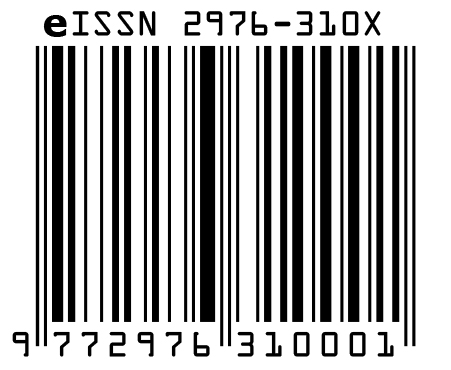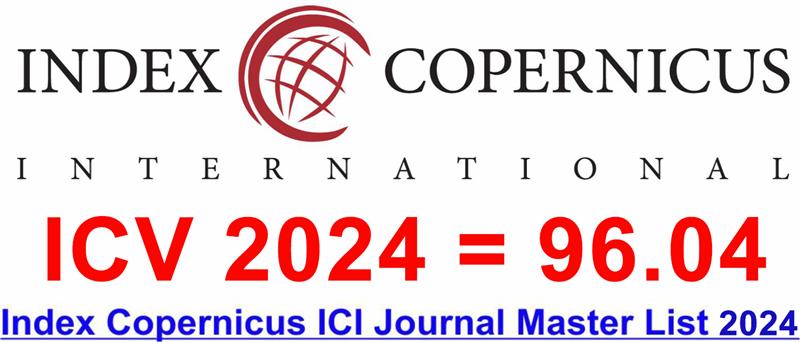The Effects of Gamification Teaching Method in Enhancing Numeracy Learning Among Primary School Students in Tamil Nadu
DOI:
https://doi.org/10.60072/ijeissah.2024.v2i02.003Abstract
Background: Attaining universal basic numeracy in primary schools by 2025 is emphasized in the Indian National Education Policy (NEP) 2020. By setting a deadline, all students in the primary school system have demonstrated a commitment to acquiring a fundamental level of numeracy skills. Aim: This study aims to determine the impact of gamification on enhancing numeracy learning in primary school students. Method: A quasi-experimental design was used to achieve the aim of the study. The experimental group was taught by the gamified teaching method and the control group by the traditional method. Pretest and posttest were executed to collect data. A total of twelve weeks of time was taken to collect the data. Sample: A total of 30 children aged 6-7 years old from a private school in Tamil Nadu participated in this study, with fifteen students as the experimental group and fifteen students as the control group. Results: The results of the pretest and posttest values through the independent sample T-test show significant effects of gamification in enhancing numeracy learning and increasing motivation and engagement among primary school students in Tamil Nadu. Conclusion: The study shows that gamification has significant impacts on numeracy learning and increases motivation and engagement in students.
Keywords:
Gamification, Teaching Method, Effects, Motivation, EngagementReferences
Jagušt, T., Botički, I., & So, H. J. (2018). Examining competitive, collaborative and adaptive gamification in young learners' math learning. Computers & Education, 125, 444-457. https://doi.org/10.1016/j.compedu.2018.06.022
Sakai, K., & Shiota, S. (2016). A Practical Study of Mathematics Education Using Gamification. International Association for Development of the Information Society.
https://eric.ed.gov/?id=ED571606
Jagušt, T., Boticki, I., Mornar, V., & So, H. J. (2017, July). Gamified digital math lessons for lower primary school students. In 2017 6th IIAI international congress on advanced applied informatics (IIAI-AAI) (pp. 691-694). IEEE. https://doi.org/10.1109/iiai-aai.2017.17
Papp, T. A., & Theresa, A. (2017). Gamification effects on motivation and learning: Application to primary and college students. International Journal for Cross-Disciplinary Subjects in Education, 8(3), 3193-3201. https://doi.org/10.20533/ijcdse.2042.6364.2017.0428
Noreen, R., & Rana, A. M. K. (2019). Activity-Based Teaching versus Traditional Method of Teaching in Mathematics at Elementary Level. Bulletin of Education and Research, 41(2), 145-159. https://files.eric.ed.gov/fulltext/EJ1229426.pdf
Ding, L., Er, E., & Orey, M. (2018). An exploratory study of student engagement in gamified online discussions. Computers & Education, 120, 213-226. https://doi.org/10.1016/j.compedu.2018.02.007
Tularam, G. A. (2018). Traditional vs Non-traditional Teaching and Learning Strategies-the case of E-learning! International Journal for mathematics teaching and learning, 19(1), 129-158. DOI: https://doi.org/10.4256/ijmtl.v19i1.21
Kimble, T. (2020). The impact of gamification on the mathematics achievement of elementary students. https://digitalcommons.kennesaw.edu/teachleaddoc_etd/43
Dikmen, M. (2021). Does Gamification Affect Academic Achievement? A Meta-Analysis of Studies Conducted in Turkey. International Journal of Curriculum and Instruction, 13(3), 3001-3020. https://eric.ed.gov/?id=EJ1312894
Deci, E. L., & Ryan, R. M. (2015). Self-Determination Theory. International Encyclopedia of the Social & Behavioral Sciences 21 (2015), 486–491. https://www.sciencedirect.com/science/article/abs/pii/B9780080970868260364
Lopez-Garrido, G. (2023). Bandura’s Self-efficacy Theory of Motivation in Psychology. URL: https://www. simply psychology. org/self-efficacy. html (дата звернення: жовтень 2023). https://www.simplypsychology.org/self-efficacy.html
Kolbe, K. (2009). Self-efficacy results from exercising control over personal conative strengths. Wisdom of the Ages. https://e.kolbe.com/knol/index.html
Hui, H. B., & Mahmud, M. S. (2023). Influence of game-based learning in mathematics education on the students' cognitive and affective domain: A systematic review. Frontiers in psychology, 14, 1105806. https://doi.org/10.3389/fpsyg.2023.1105806
























